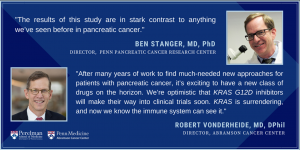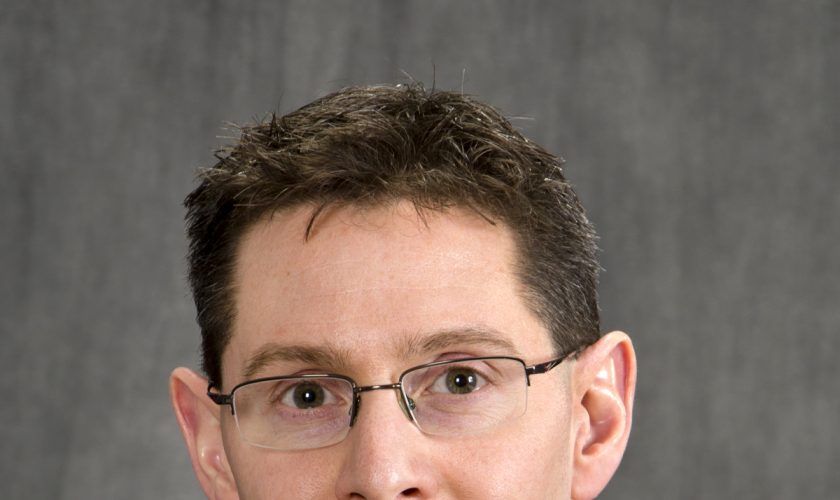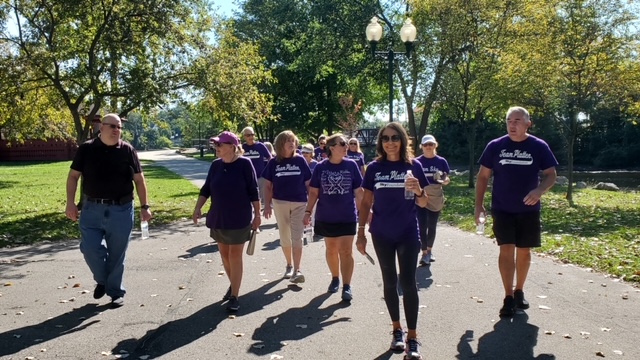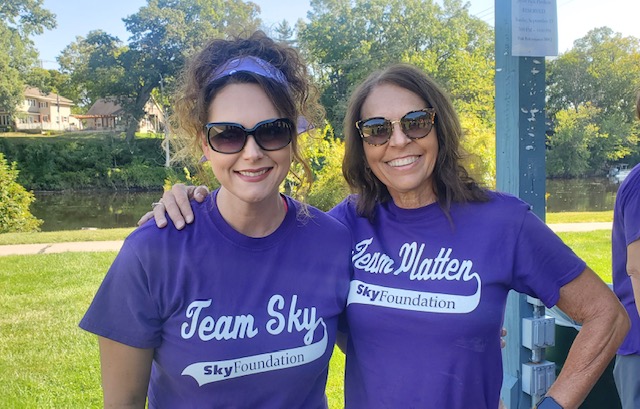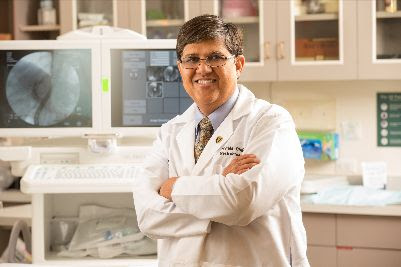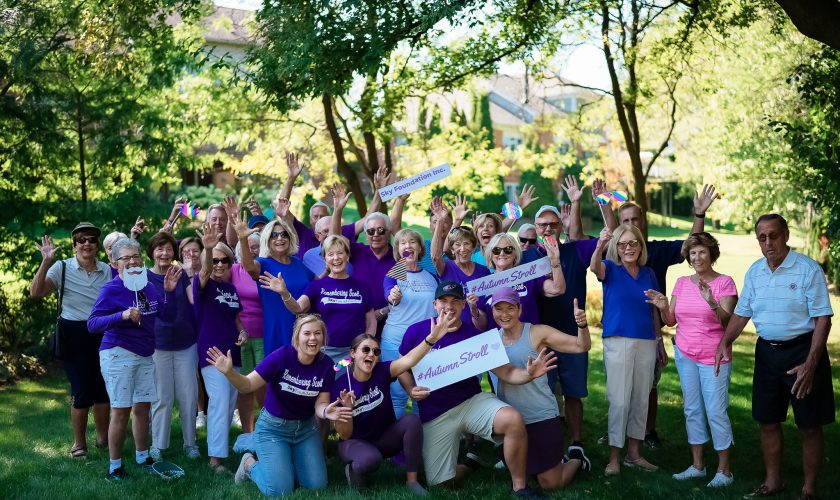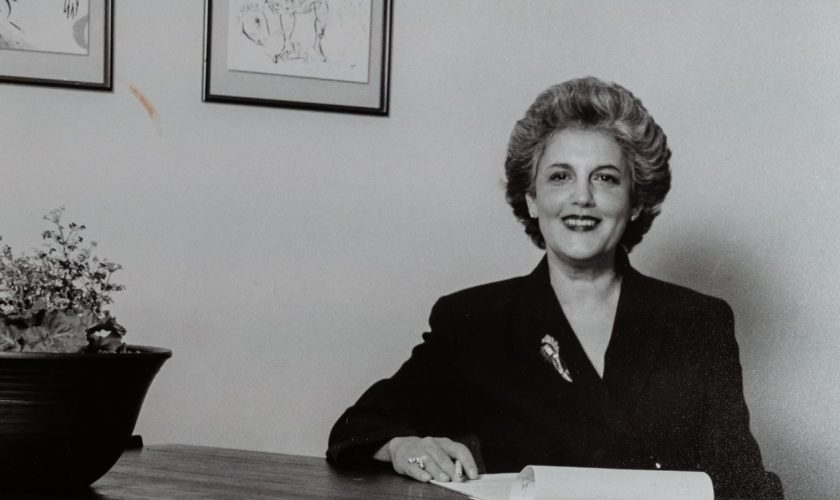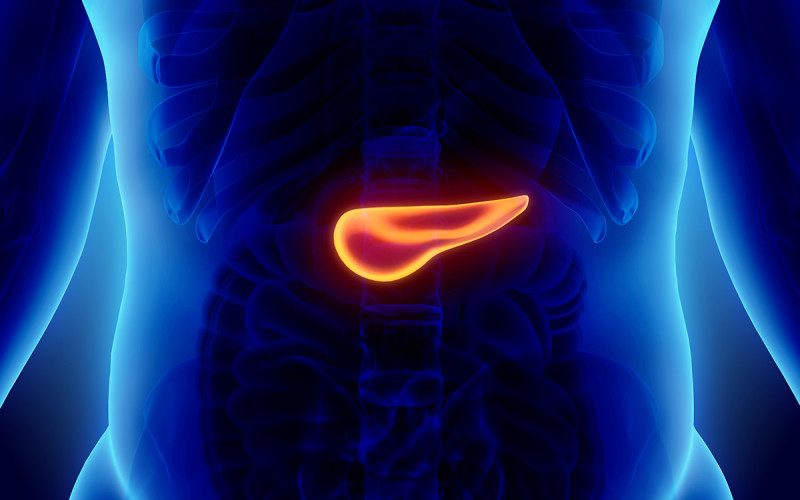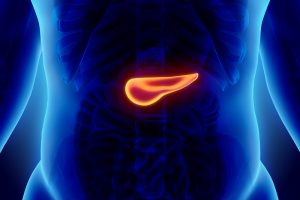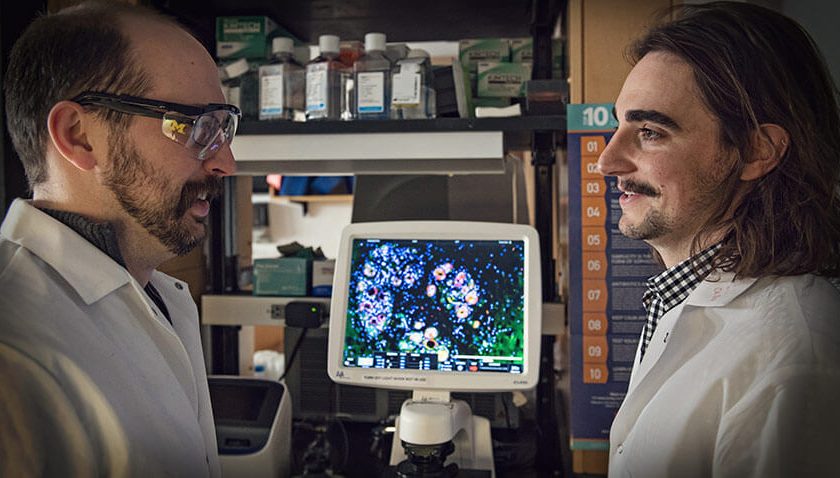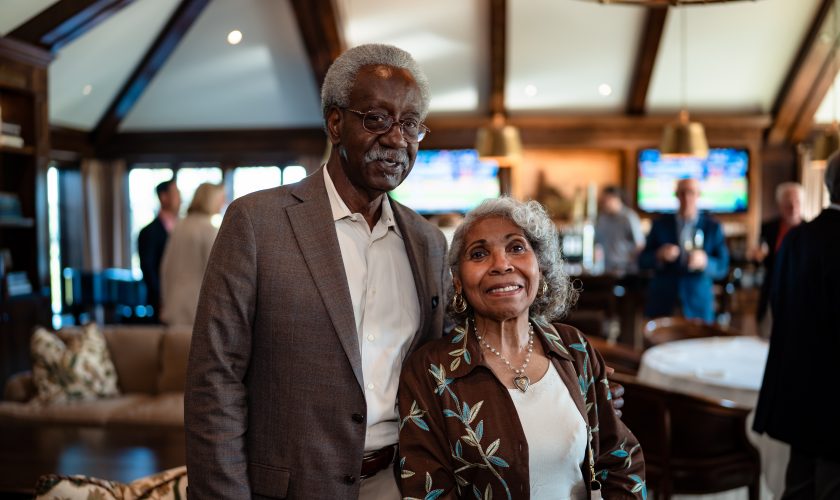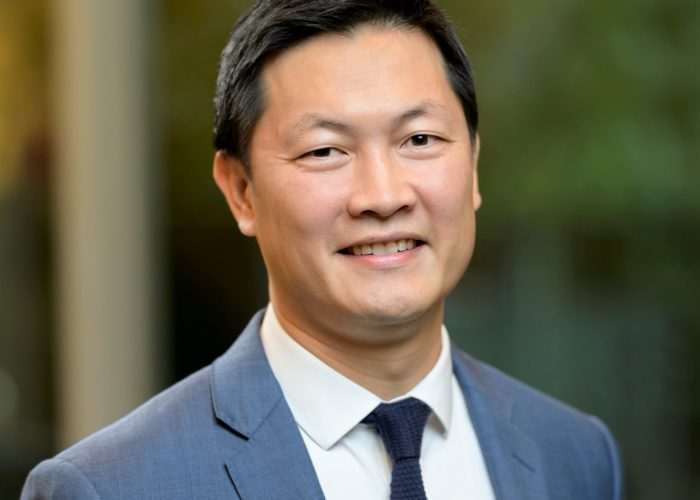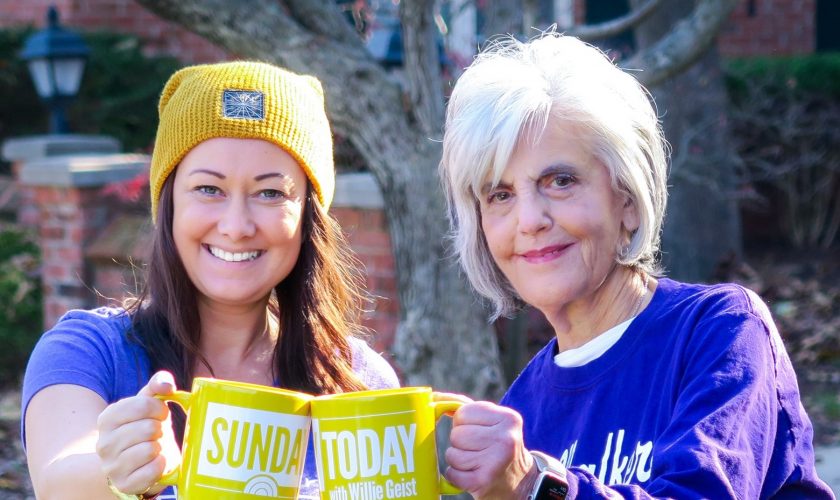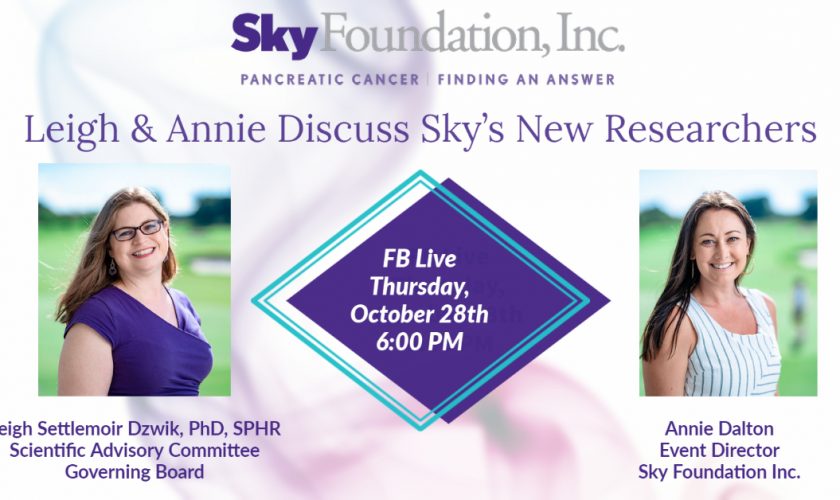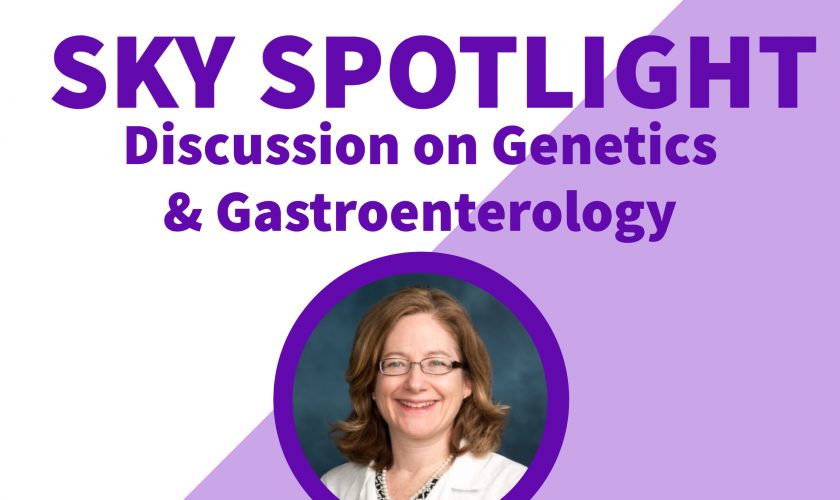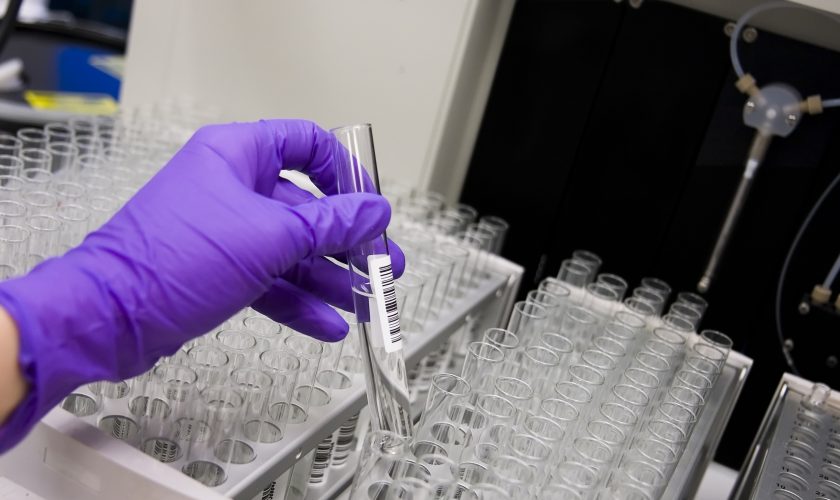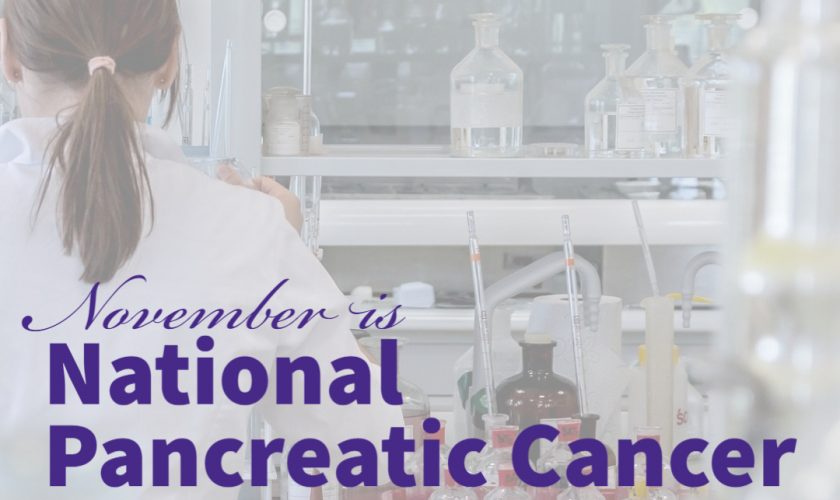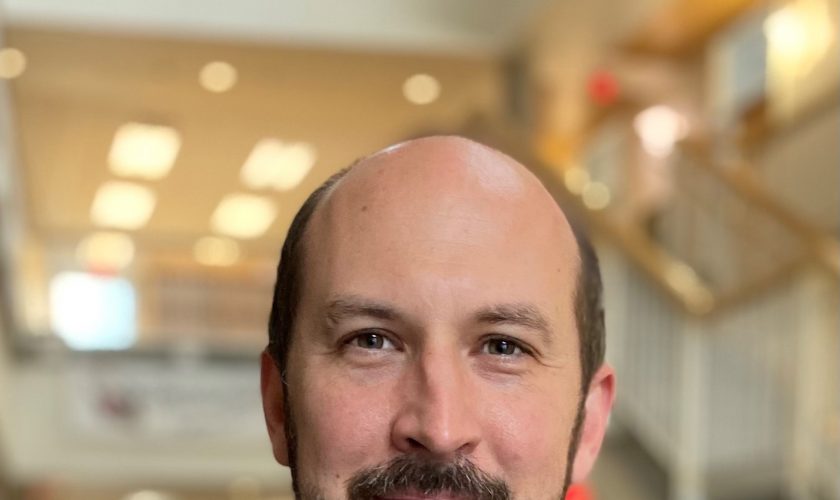What do Verizon, CarMax, and State Farm all have in common? They all offer volunteer grant programs.
Volunteer grant programs, also known as “Dollars for Doers” programs, are charitable giving programs set up by companies to reward employees for giving back to their communities. Companies provide monetary donations to eligible nonprofits like ours as a way to recognize employees who volunteer.
Volunteer grants are a relatively new form of corporate giving and they’re widely offered among Fortune 500 companies and are catching on at smaller companies as well.
For instance:
- Verizon’s Volunteer Program provides $750 grants for 50 volunteer hours
- State Farm’s Good Neighbor Grant Program recognizes employees with a $500 grant for 40 volunteer hours.
- CarMax’s volunteer grant program awards $10 for every hour volunteered up to $10,000.
In fact, hundreds of companies offer volunteer grant programs with donations generally ranging from $10-15 per hour volunteered. This means that our organization will not only receive the help provided by our amazing volunteers, but we’ll be given monetary support from their employers as well!
How do volunteer grant programs work?
Volunteer grant programs are an easy way for volunteers to secure an additional monetary contribution for our organization without having to take out their checkbooks.
Volunteer grant programs consist of five steps:
- Employee volunteers with nonprofit organization
- Employee volunteer determines if their company offers volunteer grants — you can search for your employer’s volunteer grant guidelines at https://skyfoundationinc.org/double-your-donation-in-5-minutes/ to find company-specific program guidelines, requirements, and forms.
- Employee volunteer submits the grant request, either electronically or using a paper form.
- Nonprofit validates the grant request — we confirm for the individual’s employer that the individual is in fact a volunteer with our organization.
- Company cuts a check!
If you’re already volunteering with us, please take a few minutes to check if your employer (or your spouse’s employer) offers volunteer grants at https://skyfoundationinc.org/double-your-donation-in-5-minutes/ — grants that could equal hundreds, or even thousands, of dollars for us to further our important mission.
Want to help?
If you are on one of our Boards or Committees, you already qualify! Another way to volunteer with Sky is to assist at our in person events and in the production of our events. Please contact Annie at our office to learn more information at 248-385-5143.
You can immediately gain access to detailed program guidelines offered by your employer and assess your eligibility by searching our database of companies that offer volunteer grant programs at https://skyfoundationinc.org/double-your-donation-in-5-minutes/.
We’ll provide you with the following information:
- Up-to-date, company-specific program guidelines
- Minimum volunteer hours required to qualify for a matching donation
- Links to the online matching gift request forms or downloadable PDFs offered by your employer
- Our contact information (Tax ID, address, fundraising contact), which you may need for your matching gift request
We appreciate you taking a few minutes to double your impact.





